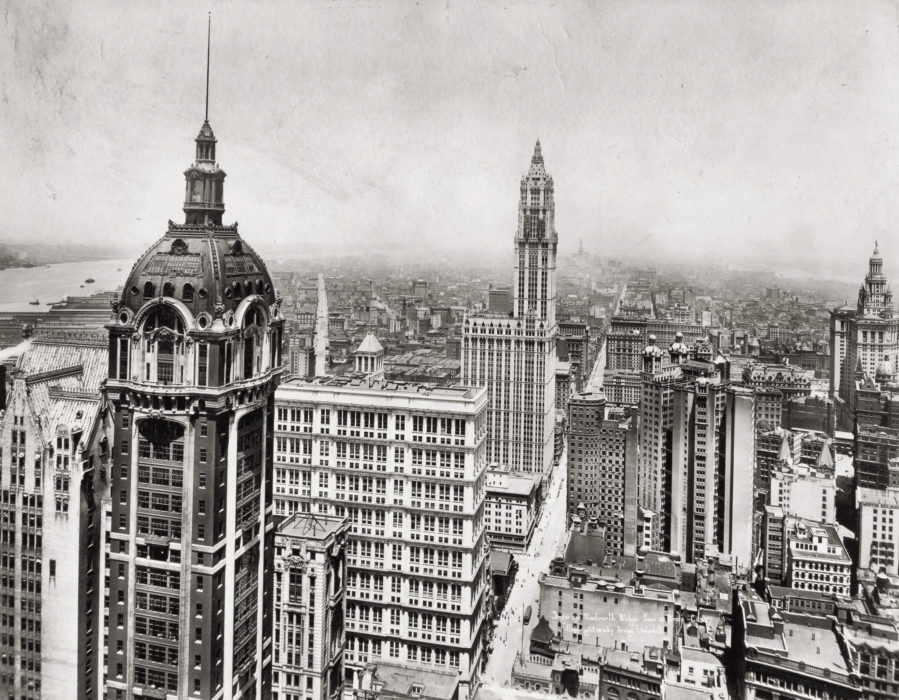ON JULY 16, 1912, at approximately 2 a.m., “Lefty Louie” Rosenberg, “Whitey” Lewis, “Dago Frank” Cirofici, and “Gyp the Blood” Horowitz loitered outside the Hotel Metropole at 147 West 43rd Street, just off Times Square. When a slightly overweight man in a black striped suit emerged from the hotel, they reached into their pockets, each took out a revolver, and they shot him dead. Their victim had barely hit the sidewalk when the four gunmen jumped into a big white car, which had been waiting for them up the block, and raced off toward Sixth Avenue.
That same evening, ‘Abdu’l-Bahá had returned to Manhattan from Brooklyn to attend a wedding ceremony. Although he didn’t comment on the murder case itself, he had written about preventing crime, not by reforming laws or inventing new methods of punishing criminals, but through the education and moral development of society.

The bystanders who rushed to the murder scene recognized the victim instantly — it was Herman Rosenthal, whose face had been all over the news. He ran illegal casinos in cahoots with Charles Becker, a forty-three-year-old lieutenant of the New York Police Department. Just two days before his murder, Rosenthal had told the press about how much money Becker had extorted from him. Becker and the four shooters were charged with first-degree murder. The complicated and sensational story of the Rosenthal murder, the corruption in the police force, and the resulting trial -– one of the first that dealt with gang crime in New York — was featured on the cover of the New York Times for weeks.
Most of the trial took place while ‘Abdu’l-Bahá was back in New York City in mid-November. “Communities are day and night occupied in making penal laws, and in preparing and organizing instruments and means of punishment,” ‘Abdu’l-Bahá had told an interviewer back in Palestine. But, “in reality, they are causing destruction of morals and perversion of characters.” Something was missing in the justice system, he said. While the “laws to retaliate against and punish a man are continually proliferating,” ‘Abdu’l-Bahá wrote, “as ye can see, no laws exist to reward him.”
To prevent criminal behavior, ‘Abdu’l-Bahá argued, the community should “endeavor to educate the masses,” so that “day by day knowledge and sciences would increase, the understanding would be broadened, the sensibilities developed, customs would become good, and morals normal; in one word, in all these classes of perfections there would be progress, and there would be fewer crimes.”

Throughout his time in America, ‘Abdu’l-Bahá had often praised the material civilization he saw flourishing, and called on the nation to likewise construct a “divine” one. Crime and punishment would work differently in a divine civilization. “With force and punishments, material civilization seeketh to restrain the people from mischief, from inflicting harm on society and committing crimes,” he wrote. “But in a divine civilization, the individual is so conditioned that with no fear of punishment, he shunneth the perpetration of crimes, seeth the crime itself as the severest of torments. . . .”
The four gangsters were found guilty of murdering Herman Rosenthal and went to the electric chair in Sing Sing on April 13, 1914. Charles Becker succeeded in getting a new trial, only to be found guilty again. They executed him on July 30, 1915.






